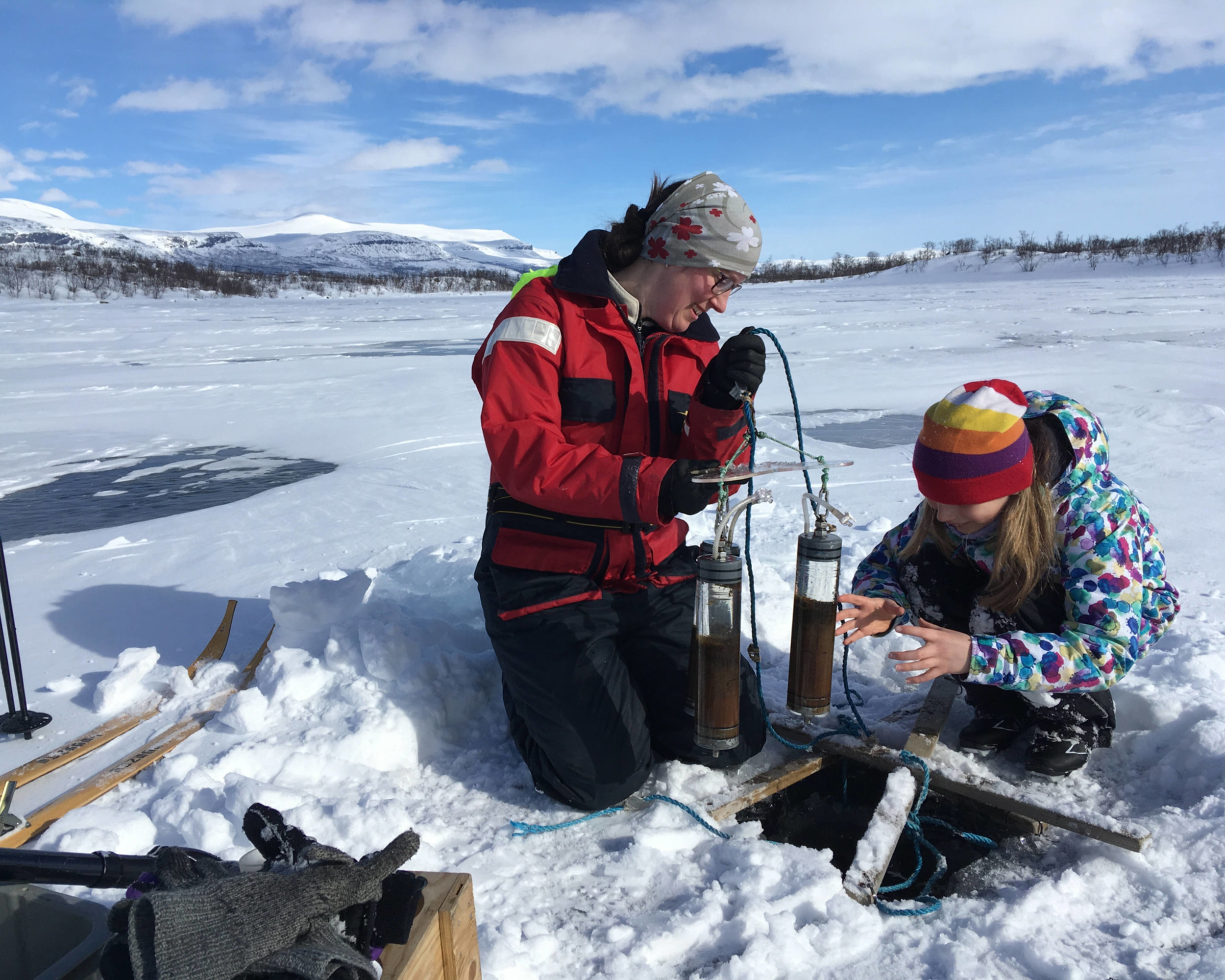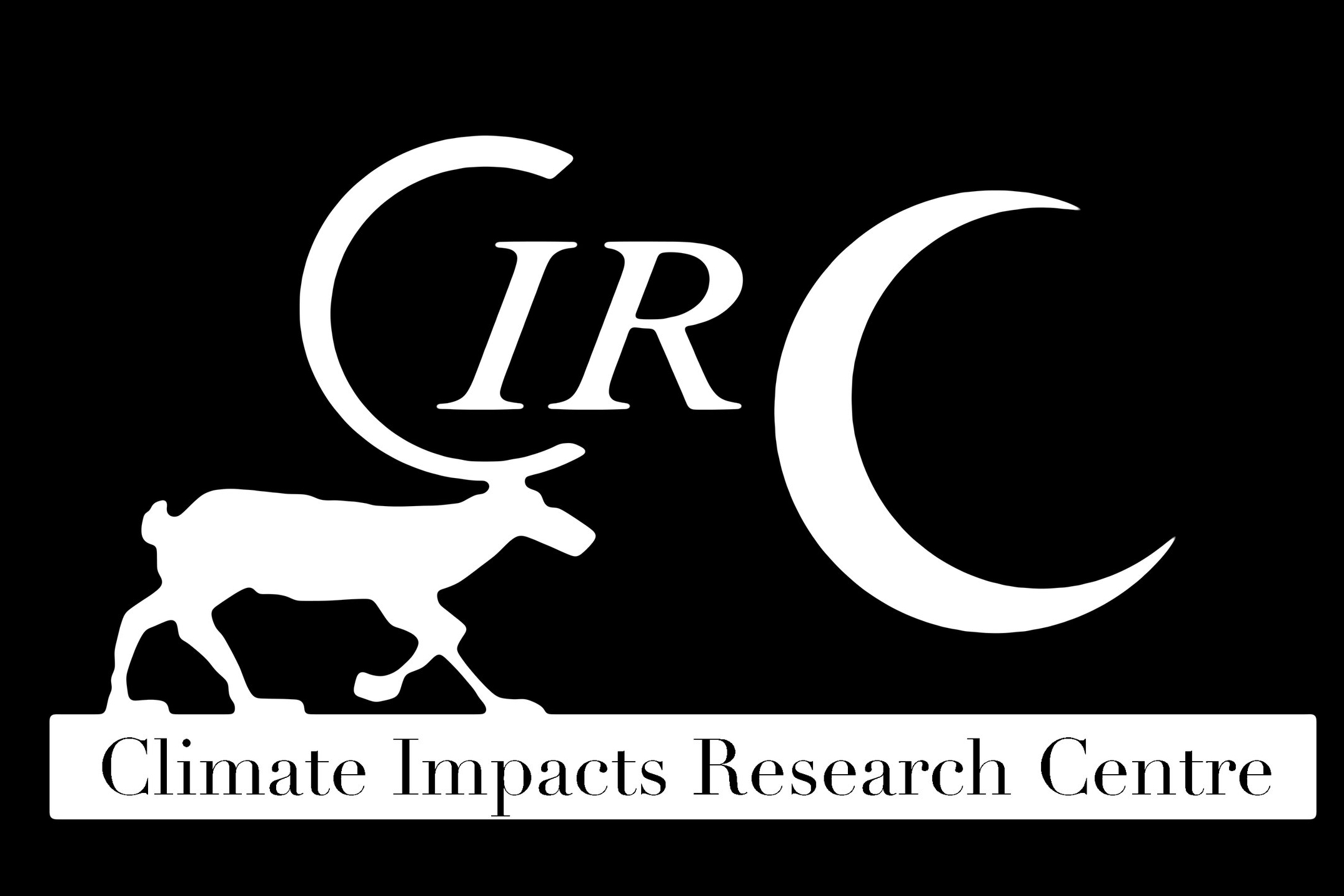The project aims to fill significant gaps in our knowledge of how lake ecosystems function at large-scales for understanding how climate will respond to the projected anthropogenic forcings.
Syntheses of decomposition and respiration responses across space and time
This postdoc project aims to investigate how climate warming affects the three sequential phases of organic carbon decomposition on a regional (arctic) to global scale, and compare the importance of direct and indirect (vegetation, microbial) mechanisms.
Tundra P - Phosphorus transformation across Pan-Arctic tundra ecosystems
Phosphorus (P) constrains the activity of plants and decomposers, and therefore carbon storage in many arctic ecosystems, yet our understanding of P availability in the tundra lags behind understanding of the carbon and nitrogen cycles.
Phosphorus efficient agriculture with arbuscular mycorrhizal fungi
Phosphorus (P) is an essential element for all living organisms, and without P we cannot produce food. Most P that is used in agriculture comes from mines in Northern Africa, which are about to be depleted.
Nutrient availability along two arctic successional gradients
Understanding how plant succession is influenced by climate warming is a key issue for understanding how arctic landscapes will change in the future. At high latitudes, low temperature drives disturbance and the consequent primary succession (e.g., cryoturbation, glacier advance and retreat).
Investigating drivers of litter carbon turnover in Arctic soils
Soils store massive amounts of C and are therefore important regulators of global climate. Consequently, efforts are made to understand what controls soil C storage.
Teatime4science
Teatime4science
Emily Goldstein Museum
Project summary
Project website
Collaborators
Mariet Hefting, Utrecht University
Taru Sandén, Department for Soil Health and Plant Nutrition at the Austrian Agency for Health and Food Safety (AGES)
Joost Keuskamp, Biont Research
Funding
Vetenskapsrådet
Technical faculty of Umea university
Project Dates
2015 - 2019
Project Photos
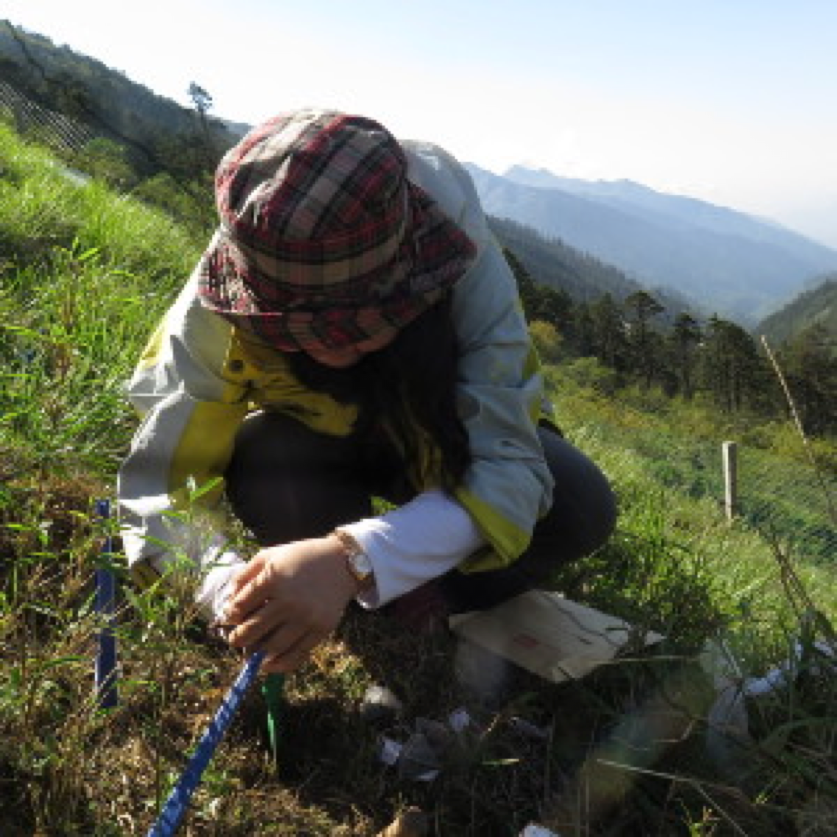
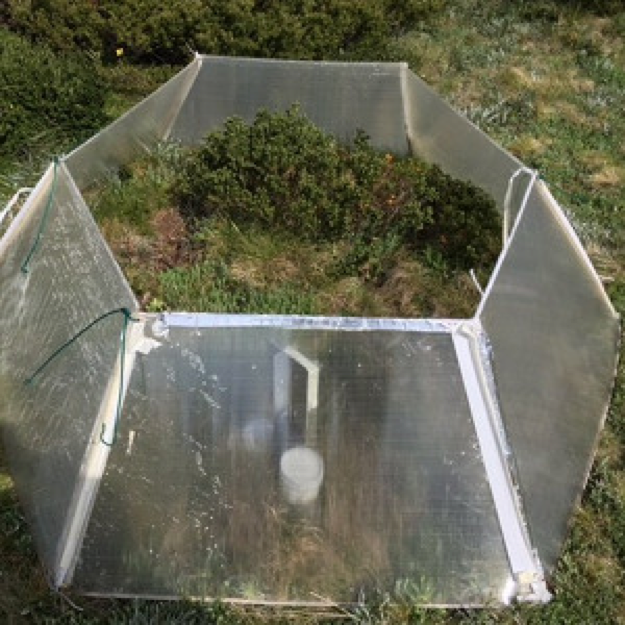

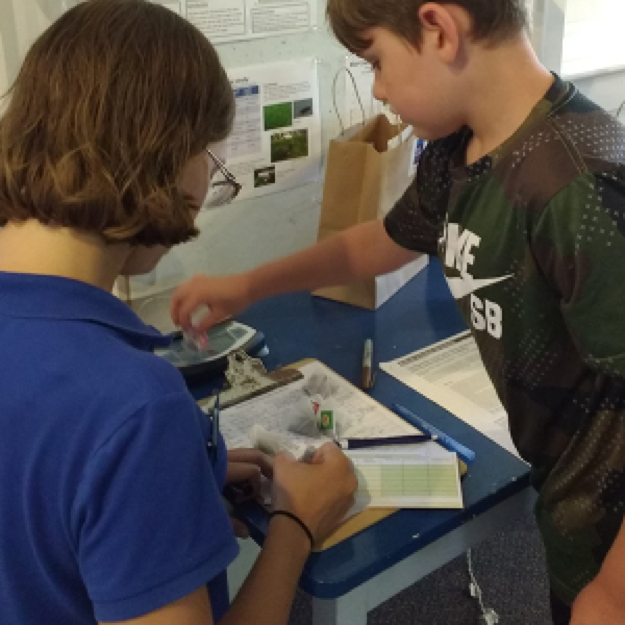
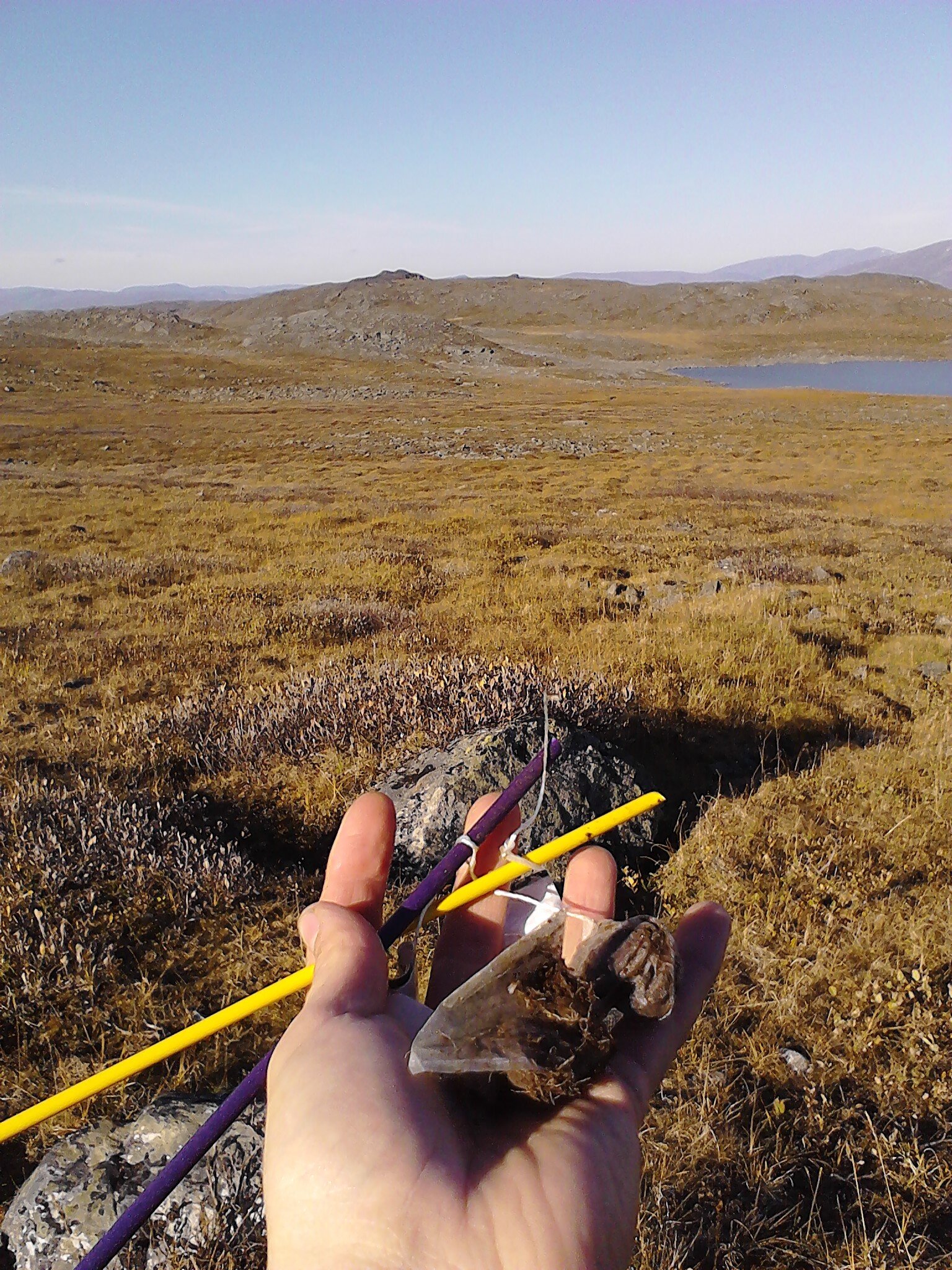
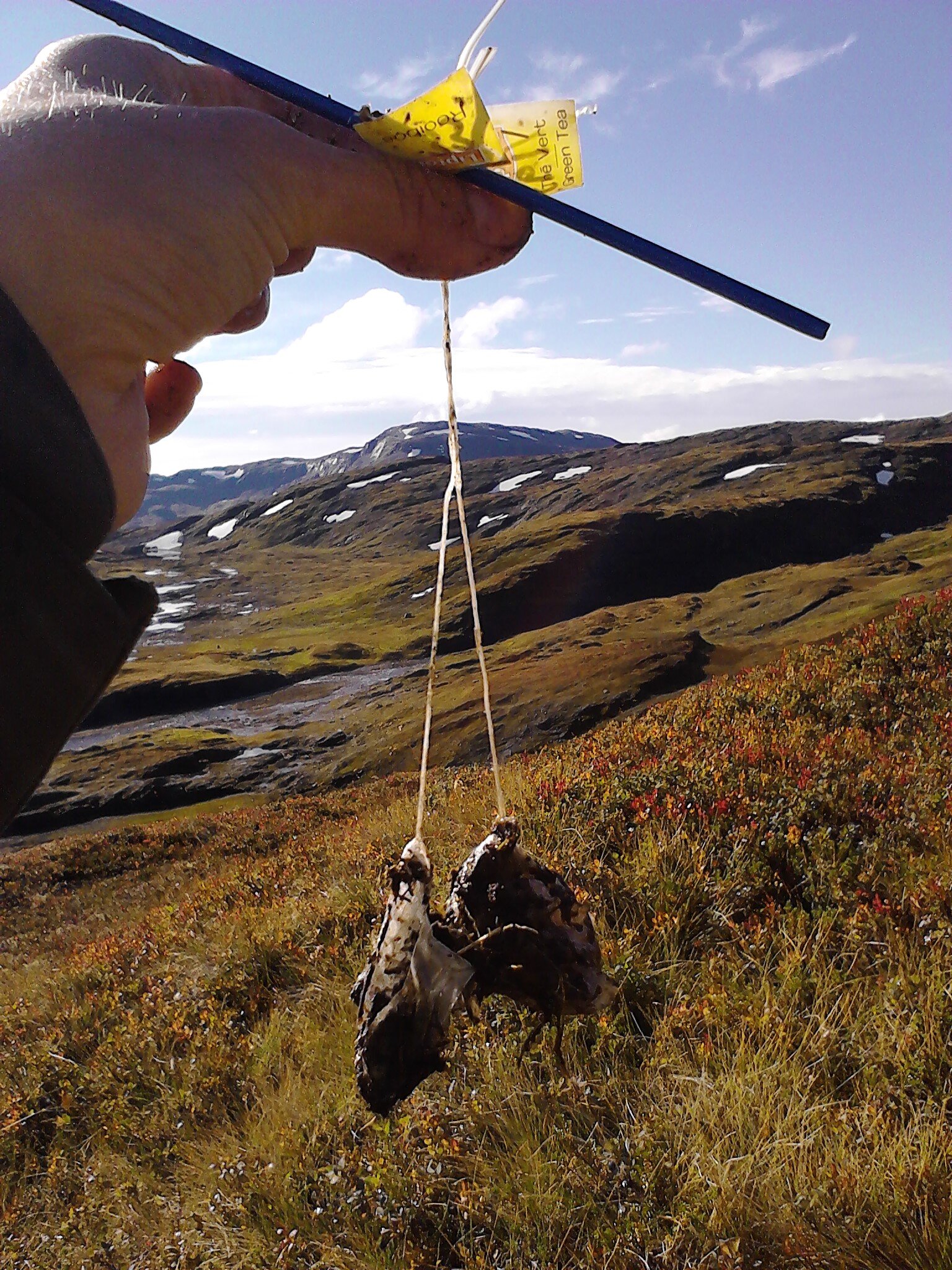
Changing ice-cover regimes in a warmer climate: Effects on northern aquatic ecosystems
Changing ice-cover regimes in a warmer climate: Effects on northern aquatic ecosystems
Ice Sampling at Lake Almberga
Project summary
Collaborators
Erin Hotchkiss, Virginia Polytechnic Institute and State University
Rolf Vinebrooke, University of Alberta
Funding
Formas
EcoChange
Project Dates
2017 - 2020
Benthic and pelagic production in coastal ecosystems of the northern Baltic Sea
The northern basins of the Baltic Sea are relatively shallow systems, implying that coastal processes can be of great significance to this area. It is likely that benthic primary production is an important part of the basal production in coastal ecosystems.









